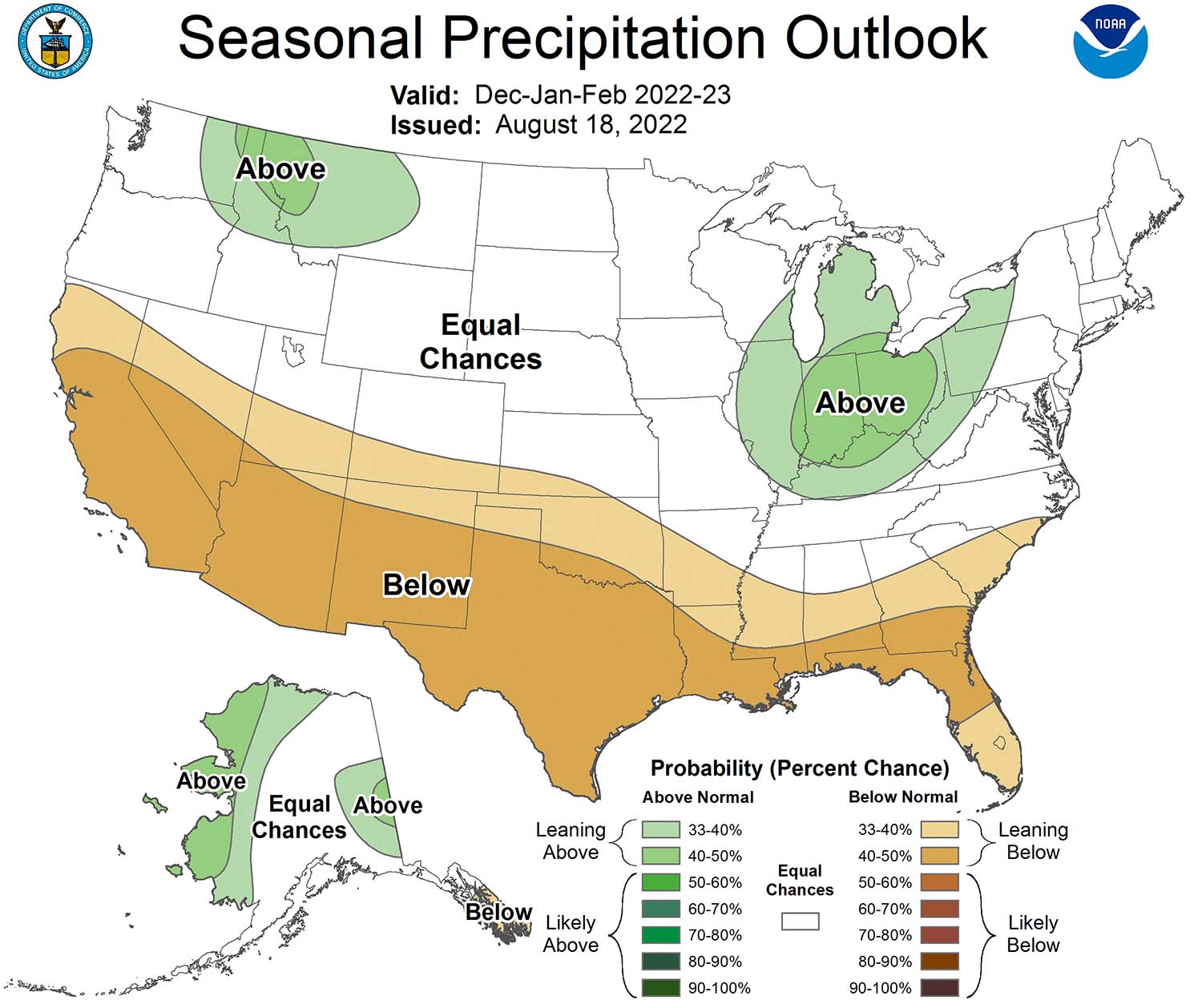Will Reform UK's Policies Benefit UK Farming? An In-depth Look

Table of Contents
Reform UK, born from the Brexit Party, champions lower taxes, less regulation, and a focus on free markets. Their agricultural policies are framed within this overarching ideology, promising a departure from current government approaches. This article will analyze whether this departure will ultimately prove beneficial or detrimental to the UK's vital farming sector.
Reform UK's Stance on Agricultural Subsidies
Reform UK's proposed changes to the agricultural subsidy system represent a significant shift from the current model. The party is critical of the current system, arguing that it is overly bureaucratic and inefficient. Reform UK advocates for a move away from direct payments, which provide farmers with a guaranteed income regardless of production, towards a system that prioritizes food production and environmental stewardship.
- Direct payments vs. environmental schemes: Reform UK suggests a reduction in direct payments, redirecting funds towards rewarding farmers who actively contribute to food security and environmental protection.
- Focus on food production vs. environmental protection: While acknowledging the importance of environmental sustainability, Reform UK emphasizes the need to prioritize food production to ensure national food security. This contrasts with policies that heavily incentivize environmental schemes at the potential cost of reduced food output.
- Potential impact on different farm types: This shift could disproportionately affect small-scale farmers who rely heavily on direct payments, potentially widening the gap between large and small agricultural businesses. Conversely, larger, more productive farms might benefit from a system focused on output.
- Comparison with existing EU and UK government subsidies: Reform UK's proposals differ significantly from the EU's Common Agricultural Policy (CAP) and the UK's current subsidy schemes, which place a stronger emphasis on environmental considerations and regional development.
The potential benefits include increased food production and a more efficient use of taxpayer money. However, drawbacks could include reduced income for some farmers, potential environmental damage if environmental protection is insufficiently incentivized, and increased food prices for consumers. Further economic modeling and impact assessments are necessary to fully evaluate the consequences of these proposed changes to agricultural support and the rural economy.
Trade Policies and their Impact on UK Farming under Reform UK
Reform UK strongly advocates for free trade agreements, believing this will benefit UK farmers by opening up access to global markets. This stance presents both opportunities and risks for UK agriculture.
- Emphasis on free trade vs. protectionism: Reform UK’s commitment to free trade contrasts sharply with policies that emphasize protectionism to safeguard domestic farmers from foreign competition.
- Potential competition from cheaper imports: Opening borders to cheaper imports from countries with lower labor and production costs could severely impact the competitiveness of certain UK agricultural sectors.
- Opportunities for exporting UK produce: Conversely, free trade agreements could unlock new export markets for high-quality UK agricultural products, boosting profitability and creating new jobs in rural areas.
- Impact on specific agricultural sectors: The impact of Reform UK's trade policies will vary significantly across different sectors. For example, the dairy industry might face intense competition from cheaper imports, while high-value niche products could thrive in export markets.
The potential for increased competitiveness is undeniable; however, the vulnerability of certain sectors to cheaper imports necessitates careful consideration. A robust strategy for supporting domestic farmers during the transition to a more open market is crucial to prevent economic hardship and ensure food security. This requires a nuanced approach to trade deals, carefully balancing free trade benefits with the needs of the UK farming industry.
Environmental Regulations and Sustainable Farming under Reform UK
Reform UK’s position on environmental regulations within agriculture is a complex one. While the party acknowledges the importance of environmental protection, it advocates for a reduction in bureaucratic red tape and regulations that it views as overly burdensome to farmers.
- Reduction or increase in environmental regulations: Reform UK is likely to advocate for a simplification and reduction of environmental regulations, potentially reducing compliance costs for farmers.
- Impact on sustainable farming practices: The reduction of regulations could lead to a decline in sustainable farming practices if environmental incentives are not adequately replaced.
- Potential effects on biodiversity and climate change: Easing environmental regulations could have negative consequences for biodiversity and contribute to climate change.
- Alignment with international environmental standards: Reform UK's approach may require careful consideration to ensure alignment with international environmental agreements and standards to avoid potential trade penalties.
The long-term sustainability of UK farming hinges on a balanced approach to environmental protection and agricultural productivity. A significant reduction in environmental regulations without adequate safeguards could jeopardize the UK's commitment to sustainable agriculture and potentially harm the environment. Careful consideration of the trade-offs is essential.
Reform UK and the Future of Food Security in the UK
Reform UK's agricultural policies have significant implications for the UK's ability to ensure its food security. The party's emphasis on free trade and reduced subsidies could impact domestic food production.
- Self-sufficiency targets: Reform UK’s position on self-sufficiency targets remains unclear, requiring further clarification. A reduction in support for domestic food production might lead to decreased self-sufficiency.
- Impact on food prices for consumers: Changes in agricultural policies could significantly impact food prices. Increased competition from cheaper imports might reduce prices, but decreased domestic production could lead to shortages and price hikes.
- The role of technology in enhancing food production: Reform UK's vision for the future of UK farming should incorporate technological advancements that can enhance productivity and sustainability.
- Potential challenges to food security under Reform UK’s proposals: The risk of decreased food production and increased reliance on imports poses potential challenges to food security, particularly in times of global instability.
Maintaining a secure and reliable domestic food supply is paramount for the UK. A clear national food strategy that addresses these potential challenges is essential to ensure the long-term viability of the UK farming industry and the availability of affordable and nutritious food for consumers.
Conclusion: Will Reform UK's Policies Benefit UK Farming? A Final Verdict
Analyzing Reform UK's proposed agricultural policies reveals a mixed bag of potential benefits and drawbacks for UK farming. While a focus on free trade offers opportunities for growth and access to global markets, the potential for increased competition from cheaper imports and reduced support for domestic farmers poses significant risks. Similarly, streamlining environmental regulations could reduce bureaucracy but might also compromise sustainability efforts. The impact on food security remains a key concern. Ultimately, whether Reform UK's policies will benefit UK farming depends on the careful implementation and mitigation of potential negative consequences. The party's success will hinge on its ability to strike a balance between increased food production, environmental protection, and the economic viability of UK farms.
Learn more about how Reform UK's policies will affect UK farming and stay informed about the future of UK farming and the impact of Reform UK's agricultural plans. Engage in the ongoing discussion surrounding the future of UK agriculture and how various political approaches might shape its trajectory.

Featured Posts
-
 Emmanuel Macron Et Brigitte Une Intimite Devoilee Apres Des Annees De Mariage
May 03, 2025
Emmanuel Macron Et Brigitte Une Intimite Devoilee Apres Des Annees De Mariage
May 03, 2025 -
 Did Trump Tariffs Influence The Bank Of Canadas April Rate Decision
May 03, 2025
Did Trump Tariffs Influence The Bank Of Canadas April Rate Decision
May 03, 2025 -
 Tulsa Winter Weather 2024 A Statistical Overview
May 03, 2025
Tulsa Winter Weather 2024 A Statistical Overview
May 03, 2025 -
 Local Elections 2024 Assessing The Reform Partys Prospects Under Farage
May 03, 2025
Local Elections 2024 Assessing The Reform Partys Prospects Under Farage
May 03, 2025 -
 Ray Epps Sues Fox News For Defamation Jan 6th Capitol Attack Claims
May 03, 2025
Ray Epps Sues Fox News For Defamation Jan 6th Capitol Attack Claims
May 03, 2025
Latest Posts
-
 Is Fortnite Down Chapter 6 Season 3 Server Status And Outage Report
May 03, 2025
Is Fortnite Down Chapter 6 Season 3 Server Status And Outage Report
May 03, 2025 -
 Za Kulisami Roskoshi Realnost Zhizni Moskovskikh Eskortnits V Kladovkakh
May 03, 2025
Za Kulisami Roskoshi Realnost Zhizni Moskovskikh Eskortnits V Kladovkakh
May 03, 2025 -
 Pochemu Moskovskie Eskortnitsy Vybirayut Kladovki
May 03, 2025
Pochemu Moskovskie Eskortnitsy Vybirayut Kladovki
May 03, 2025 -
 Mini Camera Chaveiro Funcionalidade Preco E Onde Encontrar
May 03, 2025
Mini Camera Chaveiro Funcionalidade Preco E Onde Encontrar
May 03, 2025 -
 Zhizn Moskovskikh Eskortnits Illyuziya I Realnost
May 03, 2025
Zhizn Moskovskikh Eskortnits Illyuziya I Realnost
May 03, 2025
